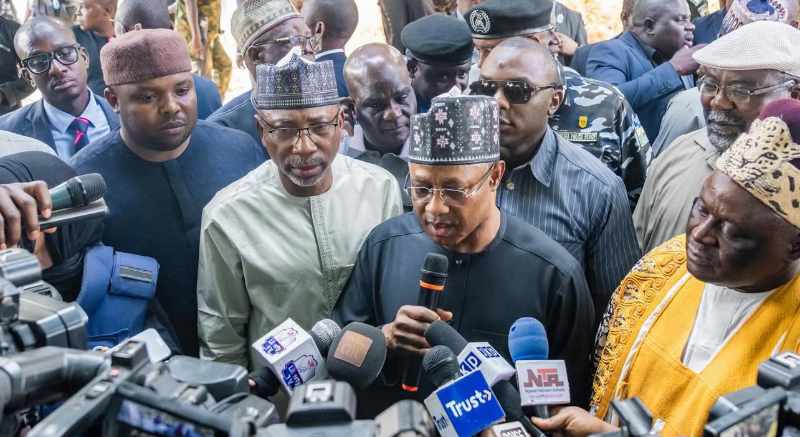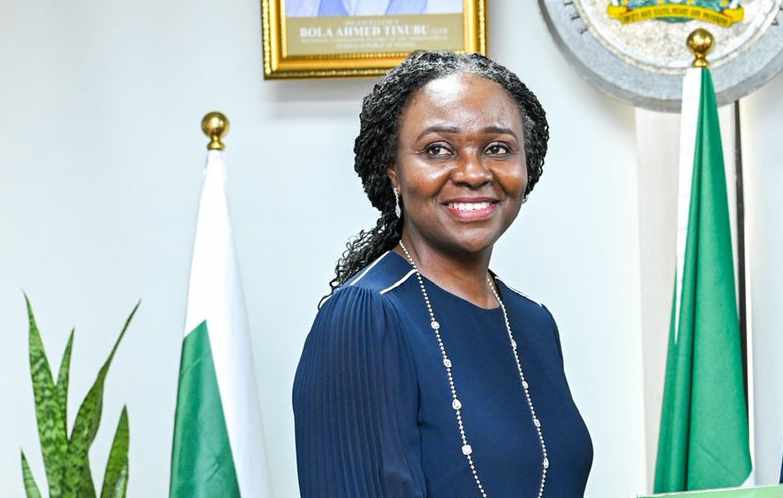
Gbenga Komolafe
Oil has lost its attraction globally for many investors, but even more so for Nigeria’s oil sector, which has been declining for at least a decade. From the heights of producing more than 2 million b/d, it now struggles to produce slightly over half that and has been unable to meet its OPEC+ quota for at least two years. This is often blamed on oil theft and ageing infrastructure in the Niger Delta where most of the nation’s oil has been produced since 1958.
Pipelines from the oil fields to the terminals have aged badly and have not been replaced fast enough. This has made them easy targets for oil thieves who vandalise the pipelines to siphon off crude to sell, curbing production and depriving the oil companies of returns on their investments. Worse, it also leads to spills that are often blamed on the IOCs despite some being due to aged pipelines malfunctioning.
The operational challenges were made worse by regulatory uncertainty after Nigeria decided to change the law governing the oil and gas sector and took nearly two decades to do so. This uncertainty put investments on hold. The Nigeria Extractive Industries Transparency Initiative (NEITI) estimated that between 1999 and 2021 the country missed as much as US$200 billion of investments in the oil sector and the associated taxes and fees because of the delay in the passage of the Petroleum Industry Act (PIA).
Most operators had to delay their investments during the debates on the PIA because of uncertainty over the terms. TotalEnergies CEO Patrick Pouyanné disclosed on 31 May that the firm has not invested in new projects in Nigeria for at least 12 years due to regulatory uncertainty. He blamed the lack of new investment in the energy sector, despite making up 10% of its global business, on the endless debate over new laws. He compared it to Angola, which has been able to create more certainty, enabling TotalEnergies to commit US$6 billion in investment there.
Nigeria attempted to end the debate around its oil and gas industry in August 2021 when then president Muhammadu Buhari signed the PIA. That gave birth to the Nigeria Upstream Petroleum Regulatory Commission (NUPRC) and the appointment of Gbenga Komolafe as its first CEO. The commission is entrusted with the responsibility for technical and commercial regulation of upstream petroleum operations, including crude oil production.
Komolafe was headhunted from Nigerian National Petroleum Company Limited (NNPCL) to head the NUPRC. He had been the managing director of the NNPCL’s fully-owned subsidiary Nigeria Pipeline & Storage Company (NPSC). He is credited with initiating the management of the NNPCL’s pipelines through joint venture partnerships even though it is unclear how much this improved the pipelines’ efficiencies and how many JVs were signed. However, those who know him claim that he brought a lot of value and saved money at all the agencies he managed within the NNPCL group.
Reportedly he was virtually unknown to Buhari before he was appointed to head the NUPRC. It is understood that Buhari requested someone with a strong unblemished record to head the NUPRC and his name came up. Buhari appeared to have had a lot of respect for Komolafe’s opinion. In August 2022, Komolafe publicly countered a presidency statement that Buhari had given his assent to Seplat Energy’s proposed acquisition of ExxonMobil’s assets. Komolafe dismissed the statement and a day later, Buhari backtracked after claiming that his initial approval had been based on a miscommunication by different agencies.
It was seen as a very bold move by Komolafe to counter the president, who was also acting as the minister of petroleum. That could have cost him his job but instead it showed how influential he was within the presidency. Two years later, the Seplat deal has yet to be approved despite President Bola Tinubu’s pledge last year to quickly resolve some of the bottlenecks that had stalled the improvement in oil production. Komolafe appears to have stuck with the letter of the PIA, which gives him the power to determine what goes on in the sector at a pace and direction determined by him and no one else, not even the presidency.
The test of whether Komolafe has been able to restore some confidence in the oil and gas sector will, however, be how successful he is selling the oil blocks he has put up for sale in a new licensing round announced in May.
Komolafe is offering 12 blocks, including five deep offshore ones from a 2023 round, and has been going around the world marketing it to IOCs – most of which have lost interest in the Nigerian oil market. Komolafe hinted on 11 June that there might even be more blocks put on sale based on a recent geological survey that his agency conducted. For the first time, Nigeria has waived signature bonuses in a bid to attract buyers. The round’s success will be a true test of whether investors are still interested in oil exploration in Nigeria, which has estimated proven reserves of more than 37 billion barrels.
The outcome of the bid round may not determine Komolafe’s fate at the commission. He will be 60 this year and, based on civil service rules, that means retirement. So, whether or not he succeeds in selling the blocks, Komolafe may be heading for the exit as the country’s chief oil regulator.
This excerpt is taken from Nigeria Focus, our monthly intelligence report on Nigeria. Click here to receive a free sample copy.The June 2024 issue of Nigeria Focus also includes the following:
Spotlight
- Democracy under threat from politicians’ reluctance to undertake reforms
- Implications
Politics & Society
- A political rebel warns APCahead of 2027
- Profile: NUPRCCEO Gbenga Komolafe
- Calls for regional and parliamentary government gain ground
- Critical ruling on LGA independence awaited
Economy & Finance
- Cost of minimum wage resolution will be high
- Numbers
- Households under pressure from worsening food crisis
Energy
- US$1.3 billion ExxonMobil-Seplat deal edges towards final resolution
- Dangote delays petrol production again
- Oil production remains challenged
- NNPCL want special crude theft courts
Security
- Military puts blame for Southeast insecurity on Finland



